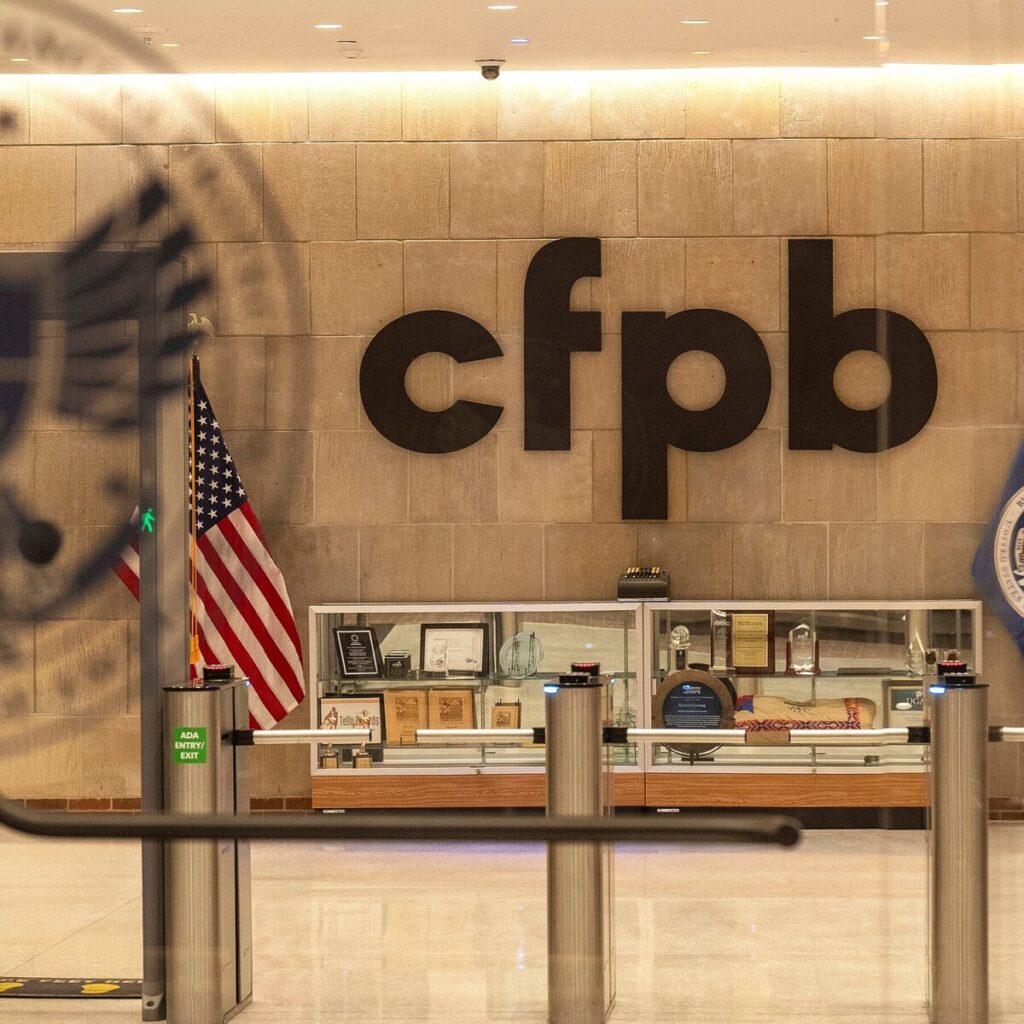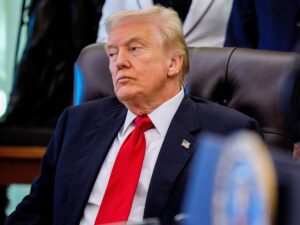As Consumer Bureau’s Cash Dwindles, Trump Administration Declares Its Funding Illegal
In a significant development for consumer finance oversight, the Consumer Financial Protection Bureau (CFPB), currently under the leadership of acting director Russell T. Vought, has announced that it faces a financial shortfall that could jeopardize its operations as early as next year. This alarming revelation comes amidst growing concerns about the Bureau’s capacity to effectively enforce consumer protection laws and regulate financial institutions. The CFPB, established in the aftermath of the 2008 financial crisis to safeguard consumers against unfair practices, is now confronting a critical funding challenge that could hinder its ability to fulfill its mandate.
The CFPB’s financial woes stem from its unique funding structure, which is designed to protect it from political influence. Unlike many federal agencies that rely on congressional appropriations, the CFPB is funded through the Federal Reserve. However, Vought’s assertion that the Bureau cannot obtain additional funds from the Fed raises serious questions about its sustainability. As the Bureau’s operational costs rise and its budget constraints tighten, the potential for a funding crisis looms large. This situation is particularly concerning given the CFPB’s pivotal role in overseeing a range of financial products and services, from mortgages to credit cards, which directly impact millions of American consumers. Without adequate funding, the Bureau may struggle to conduct investigations, enforce compliance, and provide essential consumer education.
The implications of the CFPB’s funding crisis extend beyond its internal operations; they could also have far-reaching effects on consumers and the financial industry as a whole. If the Bureau is unable to perform its regulatory duties effectively, consumers may find themselves more vulnerable to predatory lending practices and other financial abuses. For instance, the CFPB has been instrumental in holding financial institutions accountable for deceptive practices, such as hidden fees and misleading advertising. A diminished CFPB could embolden such practices, ultimately harming consumers and undermining the progress made in consumer protection over the past decade. As stakeholders in the financial sector and consumer advocacy groups monitor this situation closely, the future of the CFPB and its ability to protect American consumers hangs in the balance.
The Consumer Financial Protection Bureau, led by Russell T. Vought as acting director, said it would run out of money next year and cannot obtain more from the Fed.
Eric
Eric is a seasoned journalist covering Business news.



